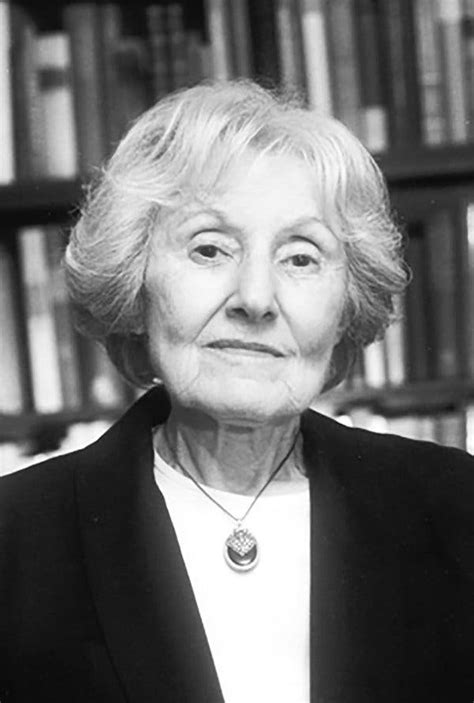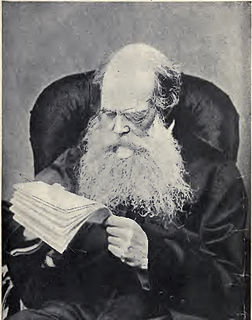A Quote by Francis Bacon
Liberty of speech invites and provokes liberty to be used again, and so bringeth much to a man's knowledge.
Related Quotes
As liberty of thought is absolute, so is liberty of speech, which is 'inseparable' from the liberty of thought. Liberty of speech, moreover, is essential not only for its own sake but for the sake of truth, which requires absolute liberty for the utterance of unpopular and even demonstrably false opinions.
The issue of religious liberty is absolutely critical. America was founded on three different types of liberty: political liberty, economic liberty, and religious and civil liberty. It's remarkable that, one-by-one, these strands of liberty are coming under fierce attack from the Left. And that's particularly ironic because "liberal" derives from a word which means "liberty," the free man as opposed to the slave. This liberalism which we're saddled with today isn't a real liberalism at all, but a gangster style of politics masquerading as liberalism.
The fact is that the average man's love of liberty is nine-tenths imaginary, exactly like his love of sense, justice and truth... Liberty is not a thing for the great masses of men. It is the exclusive possession of a small and disreputable minority, like knowledge, courage and honor. It takes a special sort of man to understand and enjoy liberty - and he is usually an outlaw in democratic societies.
How any human being ever has had the impudence to speak against the right to speak, is beyond the power of my imagination. Here is a man who speaks-who exercises a right that he, by his speech, denies. Can liberty go further than that? Is there any toleration possible beyond the liberty to speak against liberty-the real believer in free speech allowing others to speak against the right to speak?
The liberty I mean is social freedom. It is that state of things in which liberty is secured by the equality of restraint. A constitution of things in which the liberty of no one man, and no body of men, and no number of men, can find means to trespass on the liberty of any person, or any description of persons, in the society. This kind of liberty is, indeed, but another name for justice.
Tree of Liberty: A tree set up by the people, hung with flags and devices, and crowned with a cap of liberty. The Americans of the United States planted poplars and other trees during the war of independence, "as symbols of growing freedom." The Jacobins in Paris planted their first tree of liberty in 1790. The symbols used in France to decorate their trees of liberty were tricoloured ribbons, circles to indicate unity, triangles to signify equality, and a cap of liberty. Trees of liberty were planted by the Italians in the revolution of 1848.
Anarchism is for liberty, and neither for nor against anything else. Anarchy is the mother of co-operation, yes, just as liberty is the mother of order; but, as a matter of definition, liberty is not order nor is Anarchism co-operation. I define Anarchism as the belief in the greatest amount of liberty compatible with equality of liberty; or, in other words, as the belief in every liberty except the liberty to invade.
The distinguishing part of our constitution is its liberty. To preserve that liberty inviolate, is the peculiar duty and proper trust of a member of the house of commons. But the liberty, the only liberty I mean, is a liberty connected with order, and that not only exists with order and virtue, but cannot exist at all without them. It inheres in good and steady government, as in its substance and vital principle.
Without freedom of thought, there can be no such thing as wisdom; and no such thing as public liberty without freedom of speech; which is the right of every man as far as by it he does not hurt or control the right of another; and this is the only check it ought to suffer and the only bounds it ought to know.... Whoever would overthrow the liberty of a nation must begin by subduing the freedom of speech, a thing terrible to traitors.









































